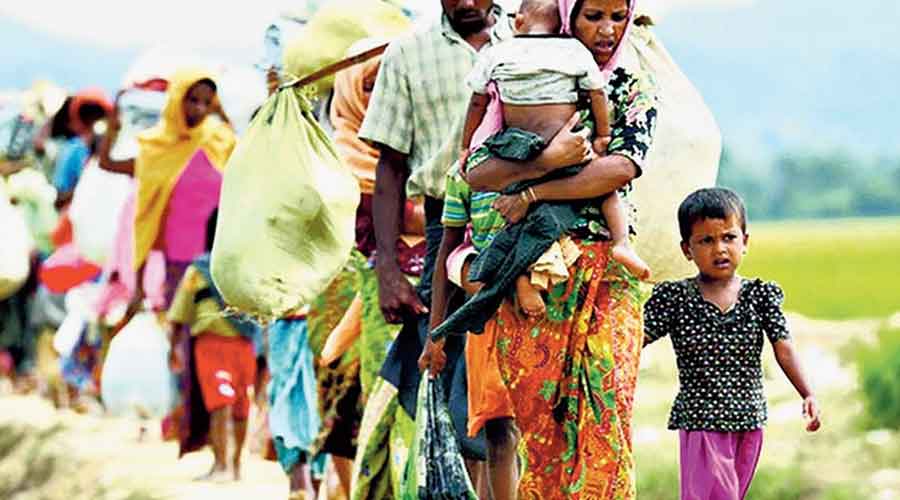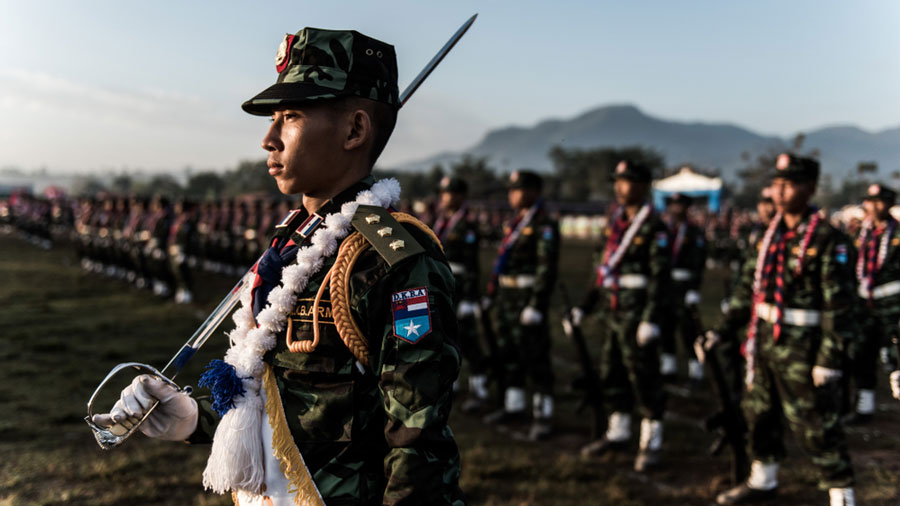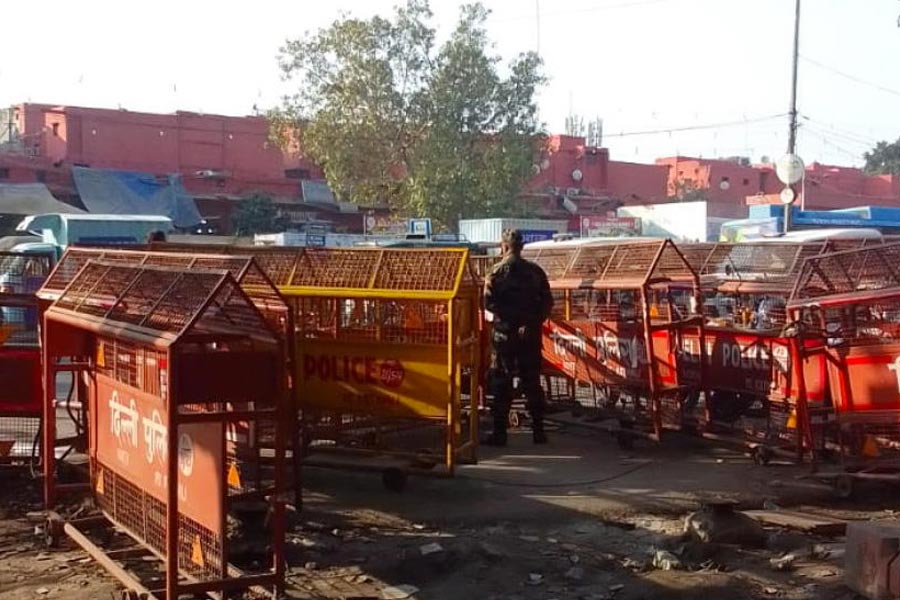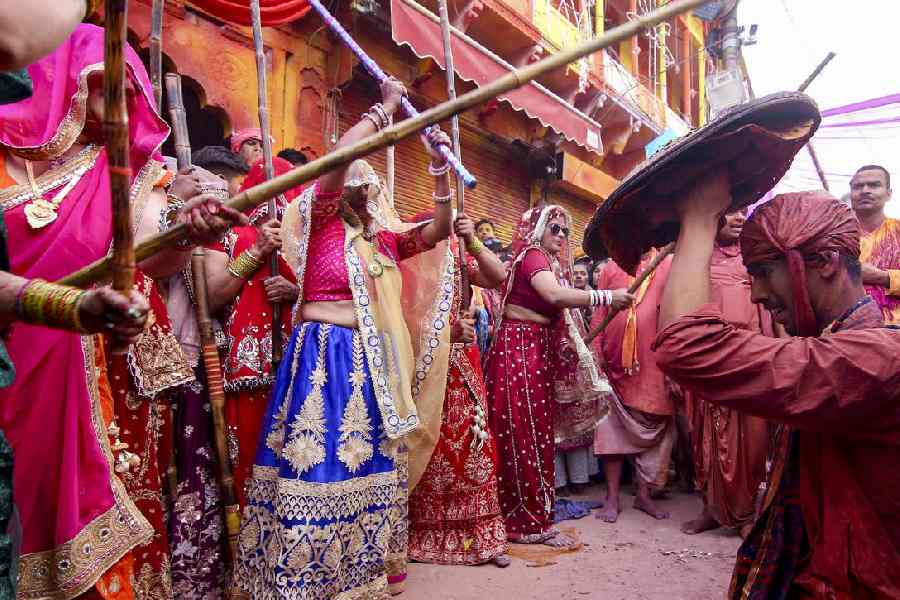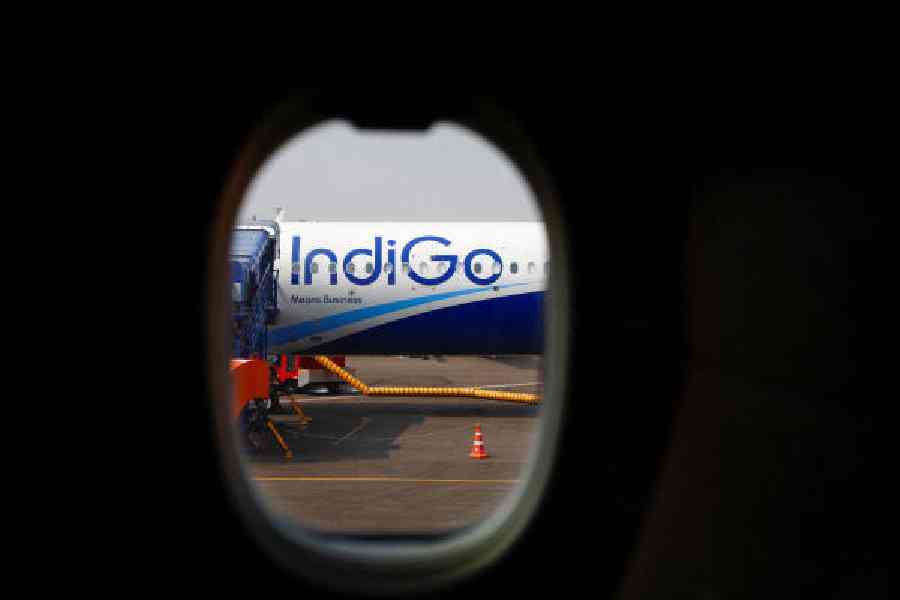Close to 2,000 children from Myanmar who fled the country following the military takeover in February have been admitted to government schools across Mizoram on humanitarian grounds so that they don’t miss out on education while in exile.
As many as 1,972 students — 1,010 boys and 962 girls — have been enrolled in “age-appropriate classes” since August, a Mizoram education department official said on Thursday.
James Lalrinchhana, the education department director, told The Telegraph that the state was admitting children of Myanmarese nationals so they could continue with their studies till the situation improved in their country and they could return.
No fee is being charged from these students.
Four northeastern states — Mizoram, Manipur, Nagaland and Arunachal Pradesh — share borders with Myanmar. Mizoram has been witnessing the highest inflow of refugees fleeing persecution and violence in Myanmar after the junta’s coup on February 1 this year. Over 1,000 people have died in protests and clashes between the junta and rebels following the coup.
Lalrinchhana said the figures keep fluctuating because many refugees return if they find the situation conducive. He added that the circumstances across the border “vary” from village to village.
“The admission of (Myanmar refugees) to schools is a temporary arrangement on humanitarian grounds so that the children don’t lose out on their studies. Language is not an issue because they understand English and Mizo. We cannot turn down the requests of the refugees to help their children. Not admitting them could also lead to criticism,” the official said.
Official sources said nearly 13,000 Myanmarese nationals, mostly living along the border with Mizoram, had entered the state since the coup. The Chin people of Myanmar and the Mizos belong to the Zo ethnic group and share the same ancestry.
Six of Mizoram’s 11 districts share a 510km border with Myanmar’s Chin state. Like Mizoram, Chin state is Christian-dominated.
Civil society, youth and student organisations, community leaders, the Church and the state government are helping the refugees with relief and accommodation. The refugees live in community-run and NGO-run relief camps, rented houses or with their relatives in Mizoram.
“When children are deprived of education and health facilities, it can adversely impact them. We hope things calm down in Myanmar so that the refugees can go back and lead a normal life,” Lalrinchhana said.
Champai district has the most such students (711), followed by Lawngtlai (539), Hnahthial (341) and Aizawl (70). “Most of these students have been admitted to primary, elementary and high schools. A few have enrolled in Plus Two,” the official said.
The Mizoram government has repeatedly sought assistance, including funds, from the Centre on humanitarian grounds since the number of refugees started increasing in March but is yet to receive any help. The ruling MNF in Mizoram is an ally of the BJP.
The Union home ministry had in March written to the four states bordering Myanmar, and the Assam Rifles that guards the border, to remain alert to large-scale influx from the neighbouring country and take steps to foil such bids.
However, Mizoram had publicly and officially shared its concern over the problems faced by their “brothers and sisters” from Myanmar.
Vanlalruata, president of the influential Young Mizo Association, said the students from Myanmar were attending school and were being provided with all amenities by the state government, including uniforms, midday meals and books.

